Animals Marine Biologist Study Wildlife Salary Biologists Habitats Numerous
Hey friend! So, I came across some fascinating information about marine biologists and the animals they study. I thought it would be interesting to share with you. Let's dive right in!
Complete Salary and Resume Objectives Details: Marine Biologist Salary

One of the first things that may come to mind when considering a career as a marine biologist is the salary. Marine biologists are highly educated professionals who study marine organisms and their interactions with the environment. The salary for marine biologists can vary depending on factors such as experience, location, and the specific field of study.
According to the data, the average salary for a marine biologist in the United States is around $63,000 per year. However, this can range from as low as $37,000 to as high as $99,000. It's important to note that these figures are just averages and can vary significantly.
If you're considering a career as a marine biologist, it's also important to have a well-crafted resume that highlights your education, research experience, and any relevant skills. This can help you stand out in a competitive field and increase your chances of landing a rewarding job in marine biology.
#1. Marine Biologist | Marine animals | Pinterest
When it comes to marine biology, we can't ignore the incredible variety of marine animals that capture the attention of marine biologists around the world. From majestic whales to tiny plankton, marine biologists study a wide range of creatures that inhabit our oceans.
The image shows a collection of marine animals and highlights the diverse nature of marine life. It serves as a reminder of the vastness and beauty of the underwater world that marine biologists dedicate their careers to understanding and protecting.
What Type of Animals Do Marine Biologists Study? | Sciencing

If you're curious about the specific types of animals that marine biologists study, you're in for a treat. Marine biologists focus on investigating and understanding the behavior, habitats, and interactions of various marine creatures. Here are some of the fascinating animals that they study:
- Fish: From tiny reef fish to large predatory species, marine biologists study the behavior, migration patterns, and ecological roles of different fish species.
- Cetaceans: This group includes whales, dolphins, and porpoises. Through research and observation, marine biologists aim to understand the complex social structures, communication methods, and migration routes of these marine mammals.
- Marine Invertebrates: Creatures like corals, jellyfish, sponges, and mollusks fall into this category. Marine biologists investigate the role these invertebrates play in the ecosystem and how they respond to environmental changes.
- Marine Reptiles: Marine reptiles like sea turtles and marine iguanas also fall under the purview of marine biologists. Studying their nesting habits, feeding patterns, and migration routes helps researchers better protect these endangered species.
- Marine Birds: Seabirds such as penguins, albatrosses, and gulls are another focus for marine biologists. They study the breeding patterns, feeding behaviors, and movement of these birds across different marine habitats.
These are just a few examples of the many animals that marine biologists study. Each species contributes to the intricate web of life in the oceans, and understanding their roles is crucial for conservation efforts and maintaining the delicate balance of marine ecosystems.
Marine Studies & Biology - Small World Journeys
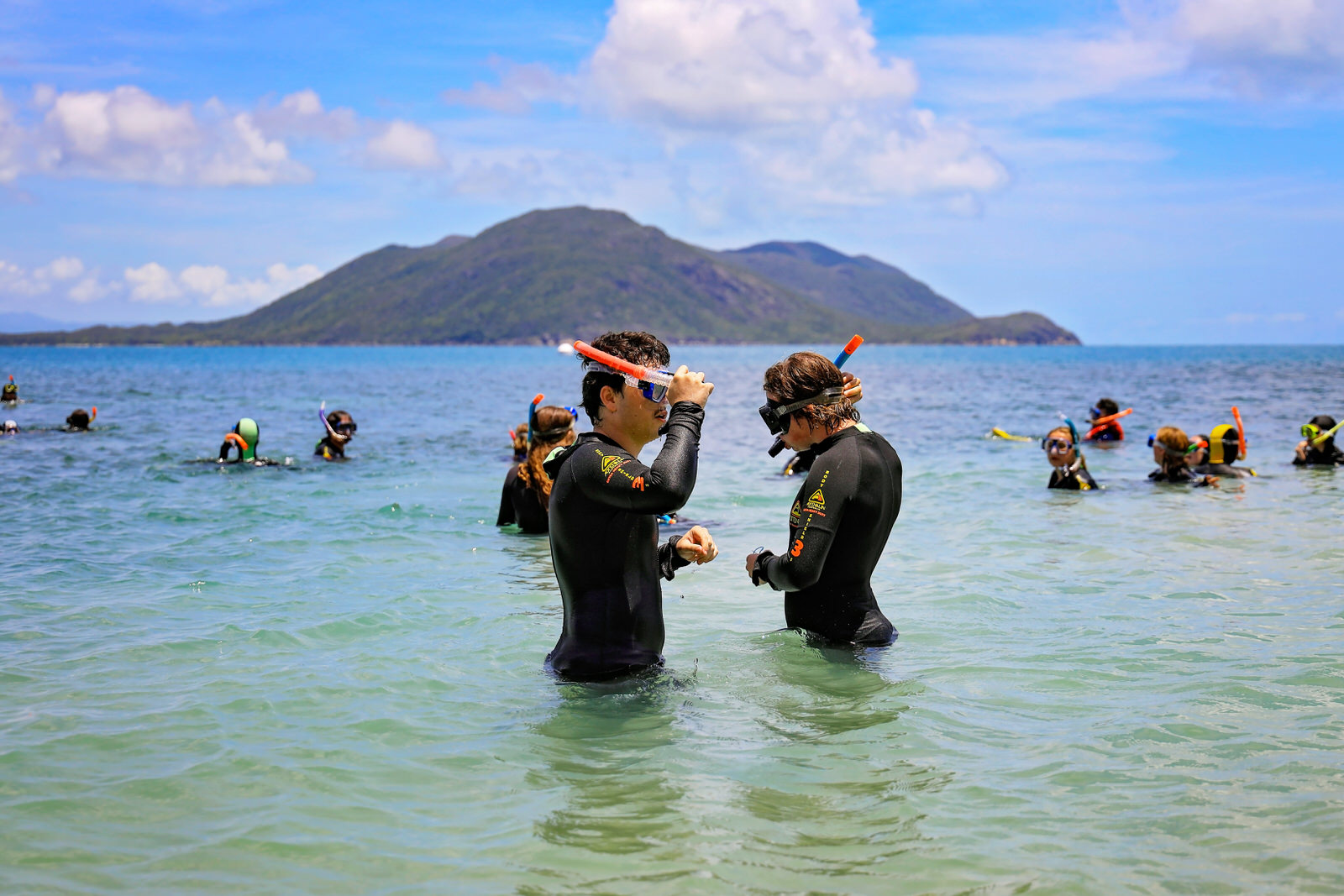
If you're passionate about marine biology and want to dive deeper into the subject, you might consider pursuing marine studies as part of your education. Small World Journeys is an organization that offers immersive marine biology programs, allowing students to learn firsthand about marine ecosystems.
The image showcases a group of students engaged in hands-on activities related to marine biology. These programs often take place in coastal areas, giving participants the opportunity to explore diverse marine habitats, conduct field research, and gain practical experience in the field.
Participating in marine studies programs can be a game-changer for aspiring marine biologists, providing them with a deeper understanding of marine ecosystems and the skills necessary to contribute to scientific research and conservation efforts.
Marine biologists study changes in ecosystem
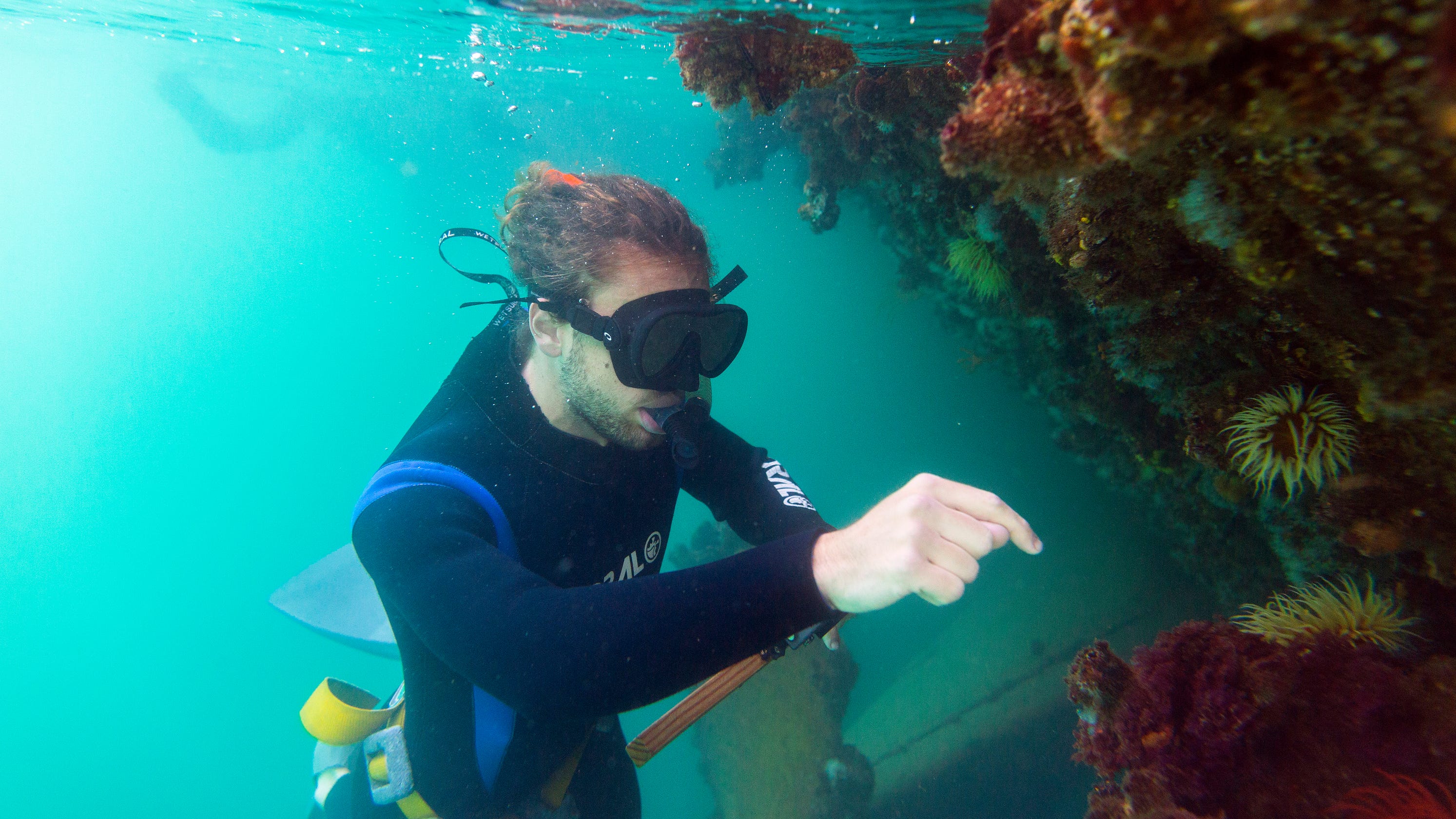
The work of marine biologists goes beyond studying individual species. They also delve into understanding the broader ecosystem and the changes it undergoes over time. This includes researching the impact of human activities, climate change, and pollution on marine habitats.
The image portrays a marine biologist collecting data and monitoring changes in an underwater environment. By studying these changes, marine biologists can assess the health of the ecosystem, identify potential threats, and propose strategies for conservation and management.
The research conducted by marine biologists plays a critical role in ensuring the sustainability of our oceans and preserving the countless species that call them home.
Marine Studies & Biology - Small World Journeys

Here's another glimpse into the world of marine studies and biology programs offered by Small World Journeys. The image showcases an adorable turtle, which is one of the many captivating marine creatures that students may encounter during their marine biology adventures.
Marine studies programs often involve snorkeling and scuba diving excursions, providing participants with the opportunity to observe marine life up close in their natural habitats. Such experiences not only foster a deep appreciation for the beauty of marine ecosystems but also offer valuable insights into the behavior and ecology of the animals studied by marine biologists.
The animals they study - a marine biologist's journey
If you've ever wondered what it's like to be a marine biologist, this image provides a glimpse into the amazing journey of studying marine animals. From swimming with dolphins to handling sea turtles, a marine biologist's work involves close interactions with these fascinating creatures.
The image captures a marine biologist carefully examining a seashell, highlighting the attention to detail and scientific rigor involved in marine biology research. Each animal that is studied by marine biologists contributes to our understanding of marine ecosystems and helps shape conservation efforts for the future.
The Pros And Cons Of Becoming A Zoologist Or Marine Biologist – MudFooted

If you're considering a career as a marine biologist, it's important to weigh the pros and cons. This image focuses on the comparison between becoming a zoologist or a marine biologist, as both professions share overlaps in their study of animals.
The image underlines key advantages such as the opportunity to work with fascinating creatures, contribute to conservation efforts, and make scientific discoveries. On the flip side, it notes challenges like long hours, demanding physical conditions, and competitive job markets.
It's essential to carefully consider these aspects before pursuing a career in marine biology. Passion and dedication are crucial, as they will be the driving forces behind overcoming the challenges and making a meaningful impact in the field.
How to Become a Marine Biologist - Dr Abalone

So, my friend, if you've made it this far and you're still interested in becoming a marine biologist, then this section is for you! Dr. Abalone shares advice on how to pursue a career in marine biology.
Some key steps to becoming a marine biologist include:
- Educate Yourself: Pursue a bachelor's degree in marine biology or a related field. Take courses in biology, ecology, chemistry, and physics to build a strong foundation.
- Obtain Experience: Gain relevant experience through internships, volunteer work, or research assistant positions. This hands-on experience will enhance your understanding of marine ecosystems and may open doors to future opportunities.
- Continue Your Education: Consider pursuing a master's or Ph.D. to specialize in a specific area of marine biology. This can lead to more advanced research opportunities and higher-level positions.
- Networking and Collaboration: Connect with other professionals in the field, attend conferences, and collaborate on research projects. Networking can provide valuable insights and open doors for future career prospects.
- Keep Learning: Stay updated on the latest research, techniques, and technologies in the field of marine biology. Continuous learning and curiosity are essential attributes of a successful marine biologist.
Becoming a marine biologist takes dedication, perseverance, and a genuine love for marine life. However, for those who are passionate about the oceans and the incredible organisms within them, it can be an incredibly rewarding and fulfilling career path.
Well, my friend, we've explored the world of marine biology and the amazing animals that these scientists study. From the salary of marine biologists to the steps to becoming one, I hope you found this information both interesting and informative.
Remember, the oceans are home to a vast array of species, and the work of marine biologists is crucial for their preservation. Whether you're interested in pursuing a career in marine biology or simply have a fascination with the marine world, let's continue to appreciate and protect our oceans and the incredible creatures that call them home!
If you are looking for Marine biologists study changes in ecosystem you've came to the right place. We have 30 Images about Marine biologists study changes in ecosystem like How to Become a Marine Biologist - Dr Abalone, Steps to Become a Zoologist and also How to become a Marine Biologist in Queensland | Ocean Life Education. Here you go:
Marine Biologists Study Changes In Ecosystem
 www.usatoday.com
www.usatoday.com marine biologists study
Steps To Become A Zoologist
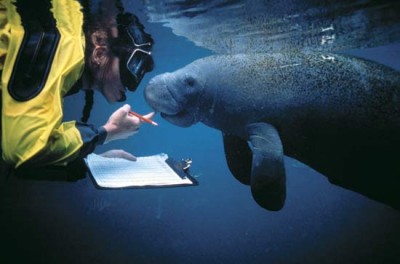 www.stepbystep.com
www.stepbystep.com zoologist biology zoology biologist
What Type Of Animals Do Marine Biologists Study? | Sciencing
 sciencing.com
sciencing.com biologists vallarta boothbay applevacations inmexico stonecroft rethink musée océanographique
How To Become A Marine Biologist
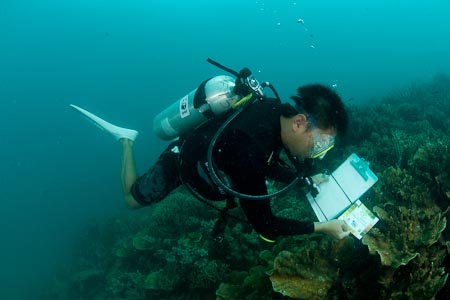 www.howtobecome.com
www.howtobecome.com marine biologist animals become careers biologists jobs work fish some
Marine Biologist Job Description, Duties & Info. (2020)
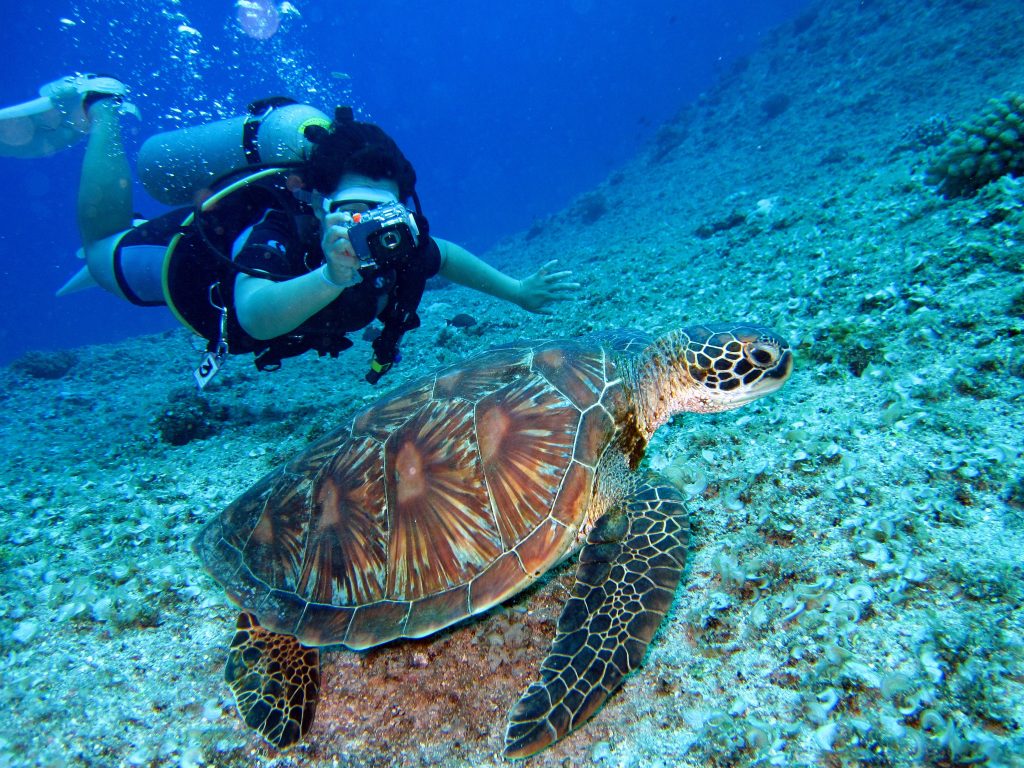 www.vocationaltraininghq.com
www.vocationaltraininghq.com marine biologist job description schools trade
The Animals They Study - A Marine Biologist's Journey
animals marine study biologist
Marine Biologist Has Been Bitten More Than 1,000 Times By Sharks - LADbible
 www.ladbible.com
www.ladbible.com biologist ladbible
What I Learned From Interviewing A Marine Biologist – Boom Biology
 boombiology.wordpress.com
boombiology.wordpress.com biologist interviewing
#1. Marine Biologist | Marine Animals | Pinterest
marine biologist wait cannot become
The Pros And Cons Of Becoming A Zoologist Or Marine Biologist – MudFooted
 mudfooted.com
mudfooted.com Benefits Of Marine Biologists | Bizfluent
 bizfluent.com
bizfluent.com marine biologists benefits flippers animals dolphins biology dolphin fotolia swim hawaii ehow flipper studying study places
Complete Salary And Resume Objectives Details: Marine Biologist Salary
 completesalarydetails-jenny.blogspot.com
completesalarydetails-jenny.blogspot.com biologist marine salary resume ocean study objectives complete details job animals
Marine Biologists | Types Of Scientists, Fields Of Science, Area Of
 www.pinterest.com
www.pinterest.com types
Zoologists And Wildlife Biologists : Occupational Outlook Handbook: : U
wildlife biologists zoologists marine study fish oceans bls bureau labor statistics outlook science inhabit other ooh gov
Marine Biology For Kids: OLogy | AMNH
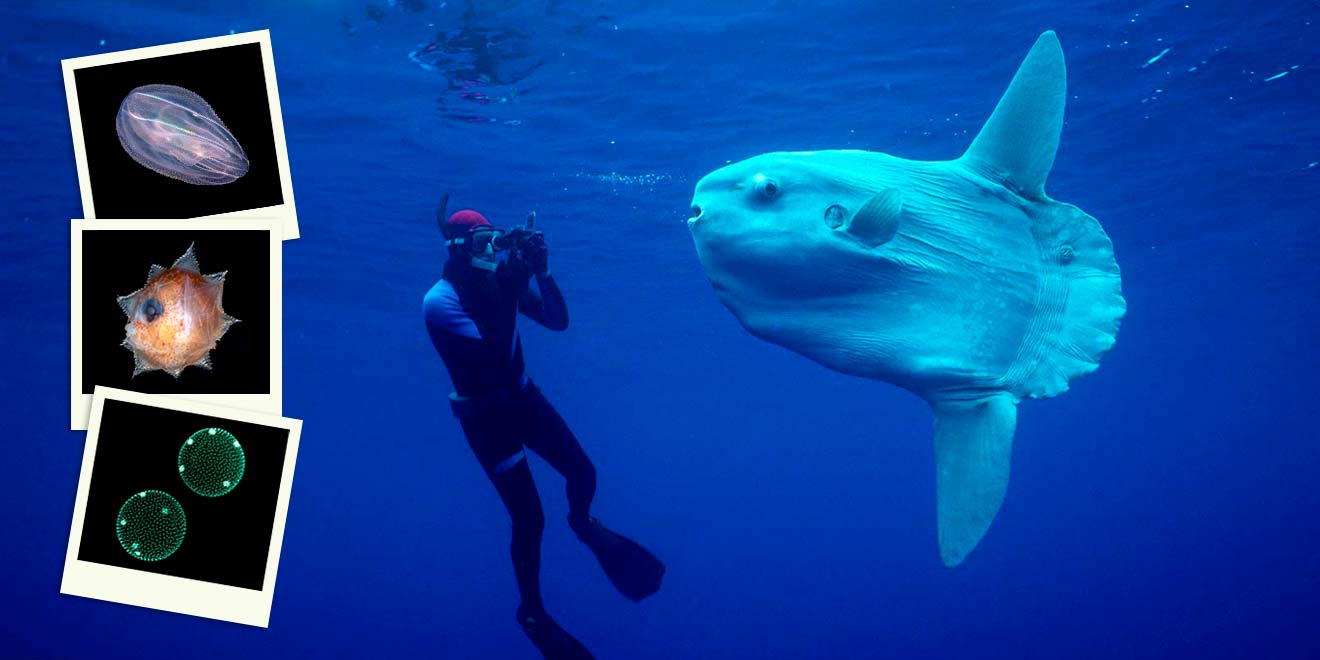 www.amnh.org
www.amnh.org marine biology amnh ology kids plankton baby find explore
Careers In Science: Marine Biologist - Youth Village
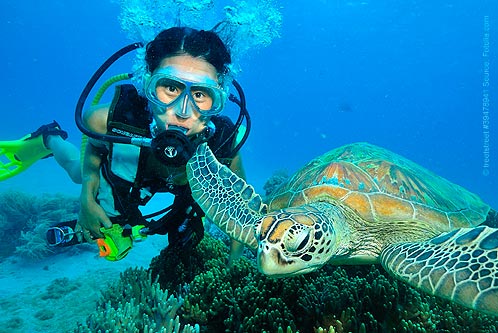 www.youthvillage.co.za
www.youthvillage.co.za marine biologist science careers biology work job
9: Marine Biologist - 10 Jobs That Will Take You On Wild Adventures
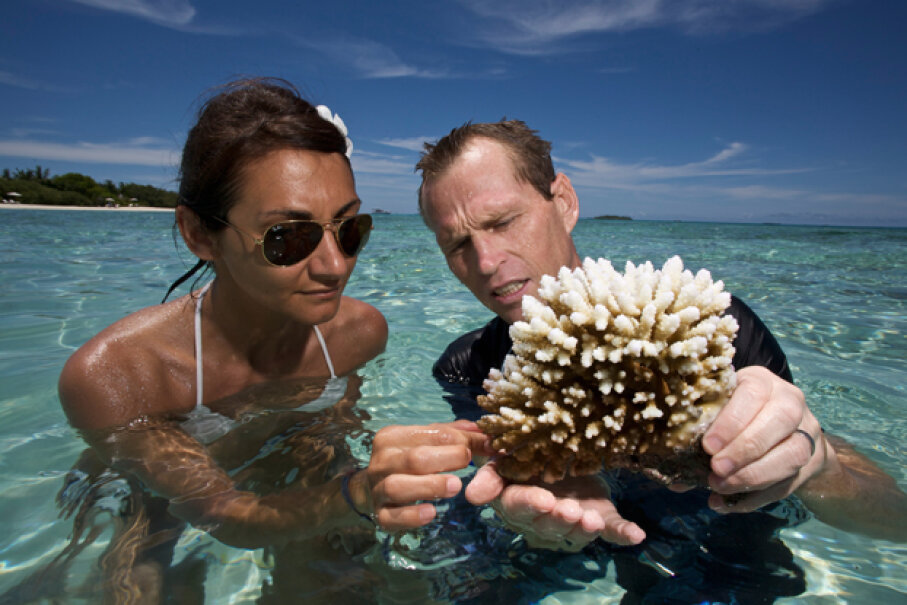 money.howstuffworks.com
money.howstuffworks.com marine biologist jobs wild take biologists adventures
Marine Studies & Biology - Small World Journeys
 www.smallworldjourneys.com.au
www.smallworldjourneys.com.au marine biology studies details
What Specialty Careers Exist For Marine Biologists? - Florida Tech News
 news.fit.edu
news.fit.edu scuba biologists roatan dive reefs exist
Zoologist And Wildlife Biologist
wildlife biologist animals zoologists biologists zoologist study they
How To Become A Marine Biologist | EnvironmentalScience.org
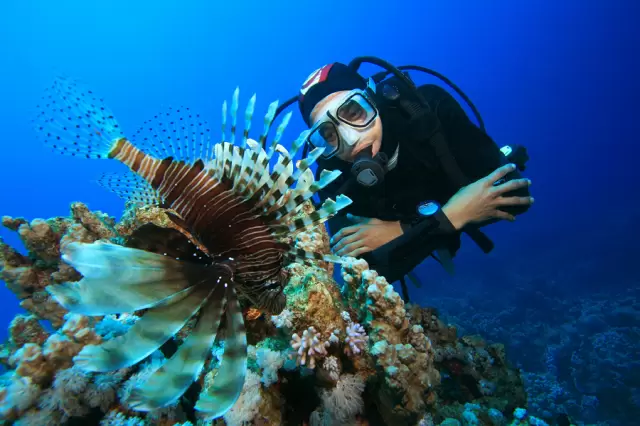 www.environmentalscience.org
www.environmentalscience.org biologist biology scuba environmental diving malediven lionfish environmentalscience biologists subacqueo operatore nautilus duiker organisms duiken majors specialize
How To Become A Marine Biologist In Queensland | Ocean Life Education
 www.oceanlifeeducation.com.au
www.oceanlifeeducation.com.au marine biology biologist study queensland become ocean interactions saltwater biologists organisms environments ecosystems between
Marine Biologist - Unity College
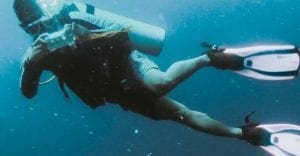 unity.edu
unity.edu biologist unity biology
Learn About Being A Marine Biologist
/dr-samuel-gruber-university-of-miami-uses-dye-filament-to-test-respiratory-flow-of-nurse-shark-129289676-575570f73df78c9b463cd76d.jpg) www.thebalance.com
www.thebalance.com marine biologist shark dr being
Marine Studies & Biology - Small World Journeys
 www.smallworldjourneys.com.au
www.smallworldjourneys.com.au marine biology studies details
What Specialty Careers Exist For Marine Biologists? | Florida Tech Ad Astra
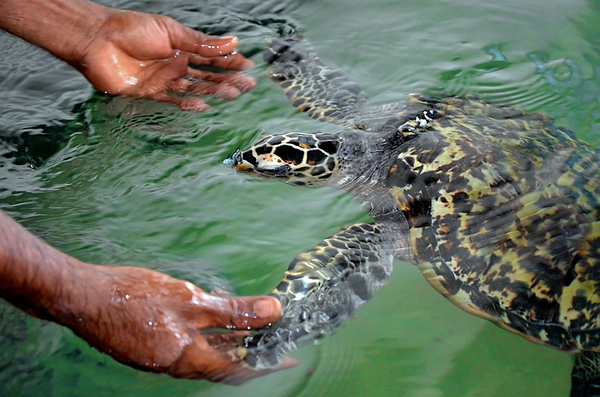 adastra.fit.edu
adastra.fit.edu marine biologists biologist study careers specialty exist kinds saltwater organisms
How To Become A Marine Biologist - Dr Abalone
 briantissot.com
briantissot.com biologist biology
A List Of Unique And Interesting Marine Careers
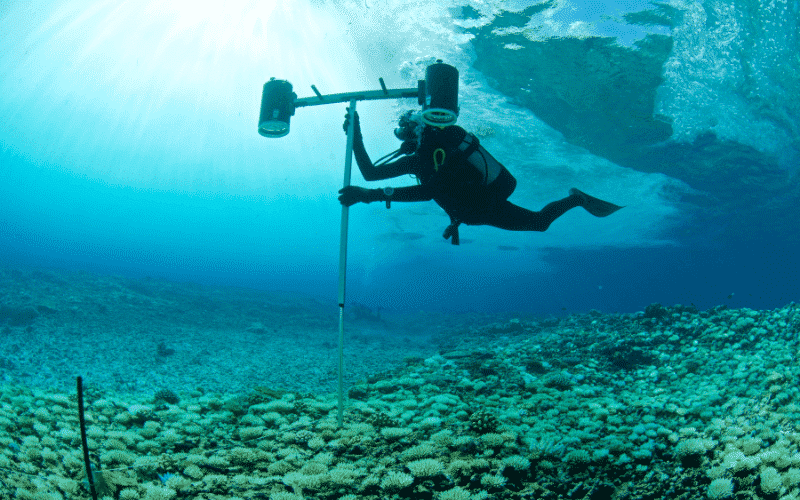 www.marineinsight.com
www.marineinsight.com biologist meeresbiologe
Wildlife Biologists Study Numerous Animals In Their Natural Habitats
 www.pinterest.es
www.pinterest.es biologist wildlife salary biologists habitats numerous
Wildlife Biologists Study Numerous Animals In Their Natural Habitats
 www.pinterest.com
www.pinterest.com biologist zoologist career biologists duties thebalancecareers photographing habitats
Wildlife biologists zoologists marine study fish oceans bls bureau labor statistics outlook science inhabit other ooh gov. How to become a marine biologist. Marine studies & biology
Post a Comment for "Animals Marine Biologist Study Wildlife Salary Biologists Habitats Numerous"